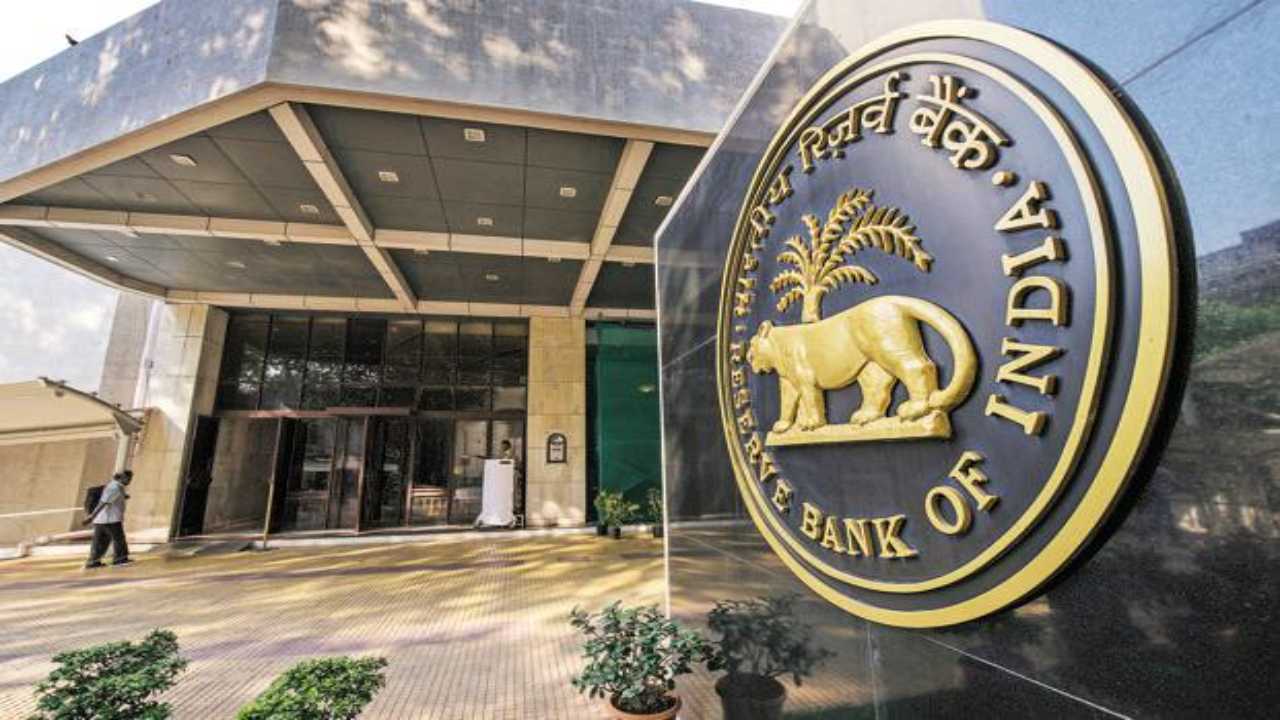The Reserve Bank of India (RBI) has extended the last date for periodic KYC update till March 31, amid Omicron uncertainties and has advised banks and other regulated entities not to take restrictive action against customers till the fiscal end.
Earlier in May, the RBI had extended the last date for updation of KYC by regulated entities till December-end because of the second wave of the coronavirus pandemic.
”In view of the prevalent uncertainty due to new variant of COVID-19, the relaxation provided in the … circular (relating to Periodic Updation of KYC – Restrictions on Account Operations for Non-compliance issued in May) is hereby extended till March 31, 2022,” the RBI said on Thursday.
In May, the RBI had advised the regulated entities not to impose punitive restriction on operations of accounts of customers for their failure to comply with the KYC updation norms till December-end.
The RBI in 2016 had directed regulated entities to follow certain customer identification procedures in terms of the provisions of Prevention of Money-Laundering Act, 2002 and Prevention of Money-Laundering (Maintenance of Records) Rules, 2005.
According to the directives no account shall be opened in anonymous or fictitious or a benami name. No account will be opened if a regulated entity is unable to apply proper customer due diligence (CDD) measures either due to non-cooperation of the customer or non-reliability of the documents/information furnished by the customer.
The RBI had directed mandatory information to be sought from customers for KYC purposes.
The deadline extension comes as several states have put in place certain curbs and restrictions amid rising cases of Omicron.
The central financial institution famous that the worldwide financial recovery has been dropping momentum within the second half of 2021 within the face of resurfacing Covid-19 infections, the brand new variant Omicron, provide disruptions and bottlenecks, elevated inflationary ranges and shifts in financial coverage stances and actions throughout superior economies and rising market economies.
The FSR is printed bi-annually and contains contributions from all of the monetary sector regulators. Accordingly, it displays the collective evaluation of the sub-committee of the Financial Stability and Development Council (FSDC-SC) on dangers to monetary stability.

















